Renewables Grid: Protect the climate at the cost of the environment?
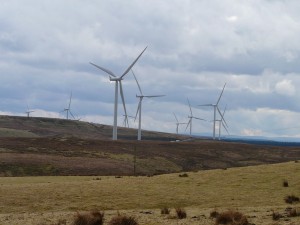
Renewables and countryside - conflict unavoidable? (I took this pic at Whitelee windfarm in Scotland)
The transition to renewable energy here in Germany has sparked off a discussion about the electricity grid. A similar discussion has been going on in the UK. One of the challenges is to get power from areas where it is produced – wind or marine energy from the coast, for instance – to the industrial and population centres, where it’s needed most. When this means new power-lines in areas enjoying nature protection, for instance habitats for particular plants and animals, or even just areas of great natural beauty, there is bound to be conflict. Germany’s federal economics minister and leader of the German Liberal Party the FDP Philip Rösler made the headlines this morning calling for environmental protection legislation to be temporarily shelved in some cases to make way for a quicker extension of the grid. I think this is a conflict we are going to face more and more often as the effects of climate change become more evident and the need to switch to renewables ever more urgent. Would it be too cynical to suggest some industries might want to put off the transition and benefit from a relaxation of environmental standards as the politicians become more desperate to meet emissions requirements? Perhaps. The Economics Minister is certainly laying himself open to criticism by conservationists who accuse him of taking advantage of the climate problem to help industry get round environment legislation. The German ngo NABU says Minister Rösler risks losing public support for the energy transition by suggesting this sort of course. They also stress that there is a “European Grid Declaration on Electricity Network Development and Nature Conservation in Europe“, signed by grid operators and ngos from across the continent.
Interesting times ahead.
North East passage opening up early this summer?
The North-East passage, the sea route that goes along the northern coast of Russia, looks as if it will be free of ice at a very early stage this summer, according to scientists from Germany’s AWI, Alfred Wegener Institute for Polar and Marine Research. Towards the end of last winter, the scientists found large areas of the Laptev Sea covered by ice which was only a maximum of 50 cm thick. This, they say, is unlikely to last long once the summer sun comes out. Previous measurements in 2007/2008 had recorded ice thicknesses of up to a metre around the same place . Dr. Thomas Krumpen, the expedition leader, said the team has been surprised by the measurements, taken by a special ice-depth sensor dangled from a helicopter. Dr. Krumpen says the wind is probably responsible. When the wind is blowing from land out on to the sea, it forces the pack ice from the Laptev Sea northwards. This leaves open areas of water at the coast, which cool out fast and form thin ice. But the scientists were not previously aware that the areas could be this big. In some places they flew a good 400 kilometres over thin ice. The team want to use the measurements to calibrate satellite data.
More information on the AWI website, but I’m afraid the English version of this story doesn’t seem to be available yet.
Arctic CO2 hits alarming levels
Worrying news from scientists in the USA monitoring the global CO2 concentration. NOAA (The US National Oceanic and Atmospheric Administration) says for the first time ever, more than 400ppm (parts per million) have been measured in the atmosphere in the Arctic. This is a very worrying development. Jim Butler, who’s in charge of global monitoring at NOAA, says this should be a reminder to everybody that we are in deep trouble. CO2 concentration has been rising increasingly fast. 350 ppm is the figure many scientists say is the highest the earth can go without being in danger from drastic climate change.
So far, it’s only the Arctic – which is heating up around twice as fast as the rest of the planet – where the 400pm mark has been reached. The average is around 395ppm for the rest of the world. But the NOAA researchers – not known for exaggeration I’d say – say the 400 mark will be reached in just a few years.
Bearing in mind the lack of progress in international negotiations, with a report recently published indicating we’re heading for a 3.5 degree C rise in global temperature, way above the 2° target set by the international community, it’s hard to see how we are going to turn this around. And, as Professor Mojib Latif, one of the IPCC lead authors and a renowned meteorologist and climate expert, reminded me just last week, even those 2° would be a major challenge and unprecendented for the earth.
Climate talks and linguistic finesse
Do you know the feeling when you read minutes or an account of a meeting and wonder if the person who wrote it was actually at the same event as you? Subjective perceptions are often very different, and that is even more the case when it comes to international negotiations about climate change. I remember when the last head of the UNFCCC Yvo de Boer resigned in the wake of the Copenhagen climate talks fiasco, I wrote a commentary entitled “No job for an optimist”. Maybe I should have turned it around to “optimism essential” – or at least keeping a positive attitude and repeatedly sending out positive signals no matter how frustrating the process is.
![]() read more
read more
Climate adaptation or building resilience (and does it matter?)
Four weeks away from the Rio Summit, the impression I’ve been getting here at Green Week in Brussels has not been one of great optimism on the part of the EU experts involved in the preparations. The EU says it’s going for ambitious targets, but has no reason to assume that others are going to follow suit. EU Director General for environment Karl Falkenberg say’s next week’s meeting in New York for the last round of pre-Rio negotiations will be an “uphill challenge”. The Danish Environment Minister Ida Auken (Denmark currently has EU Presidency) wants to have a global goal on water. We need to take all 3 aspects of sustainability into account, says Auken. The social, environmental and economic impacts. Yes, yes, yes!. Let’s see what will actually come out of Rio.
![]() read more
read more




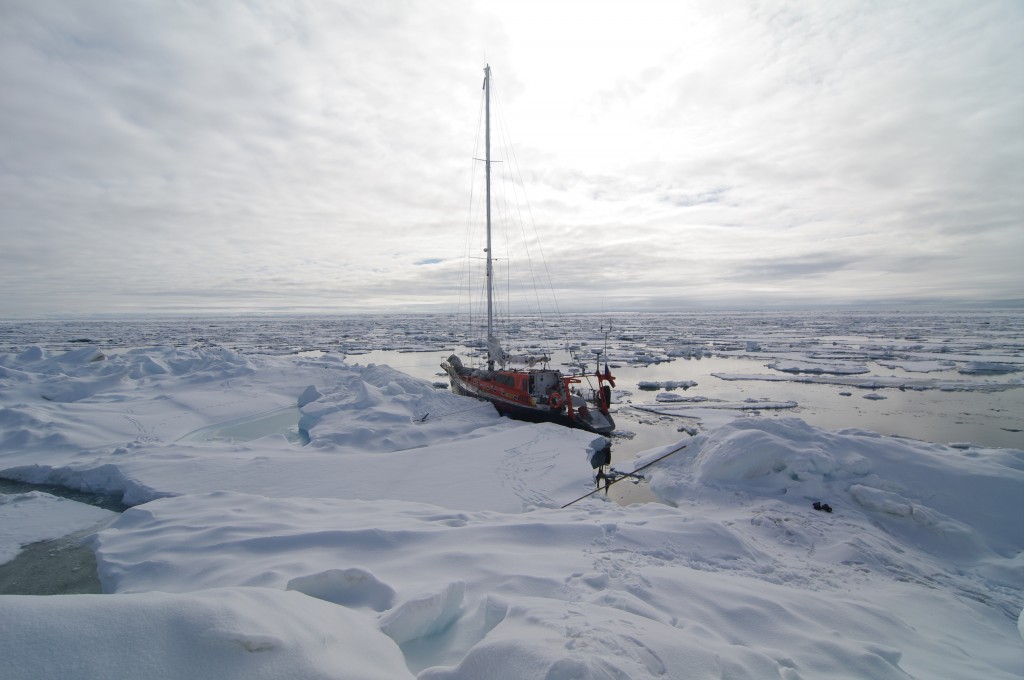
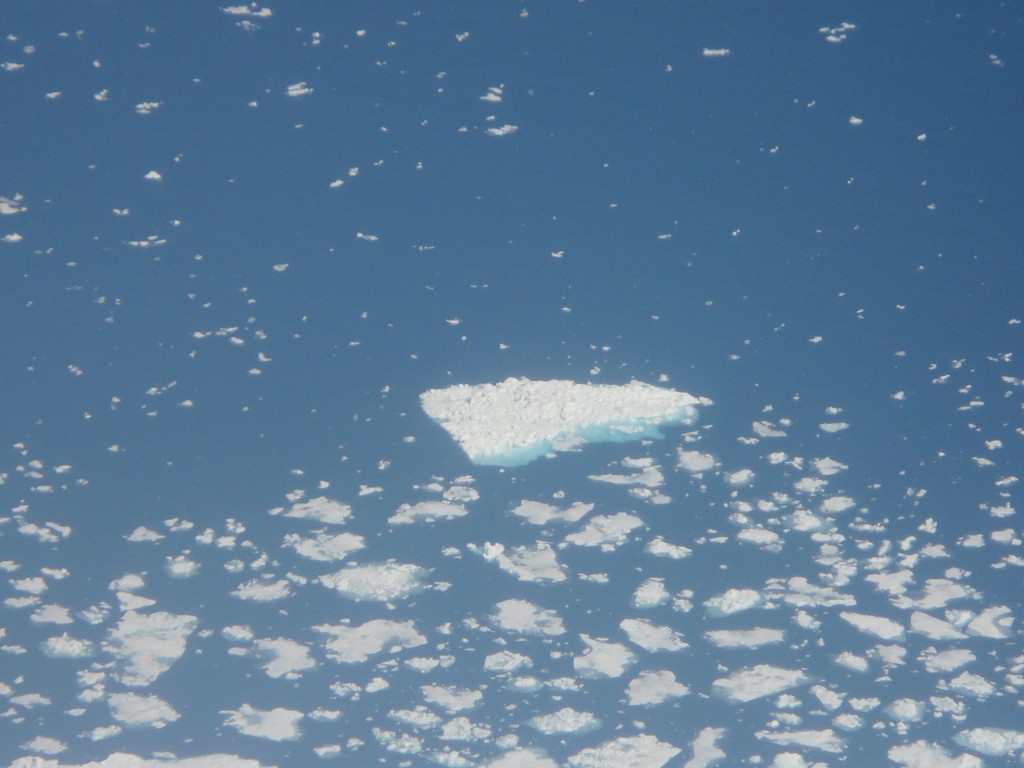
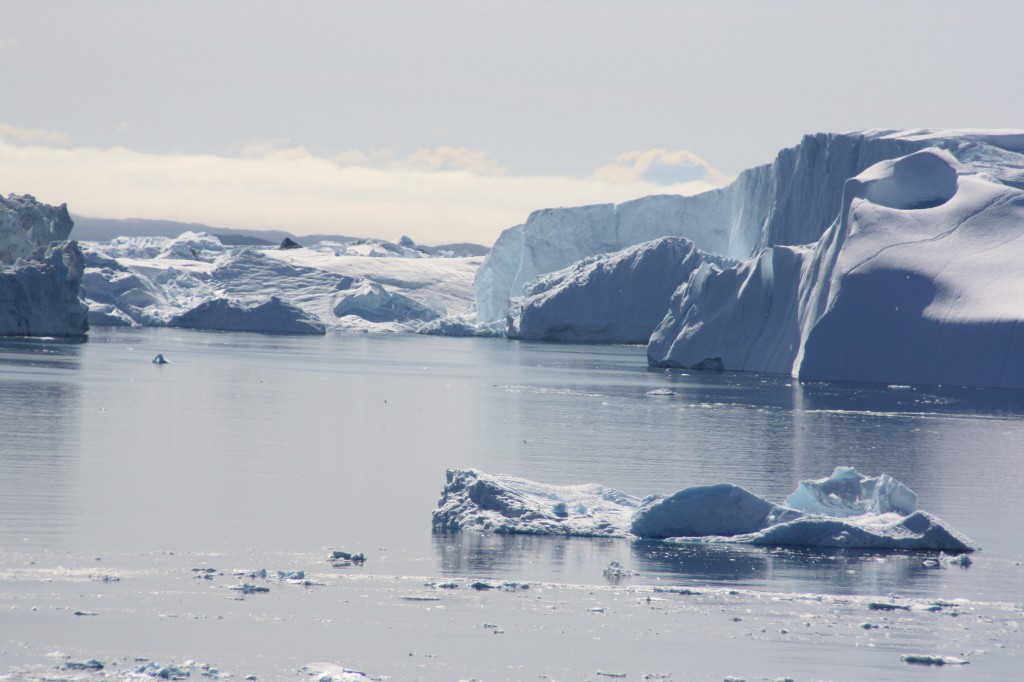
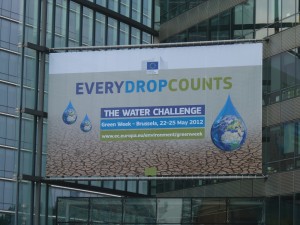
















Feedback